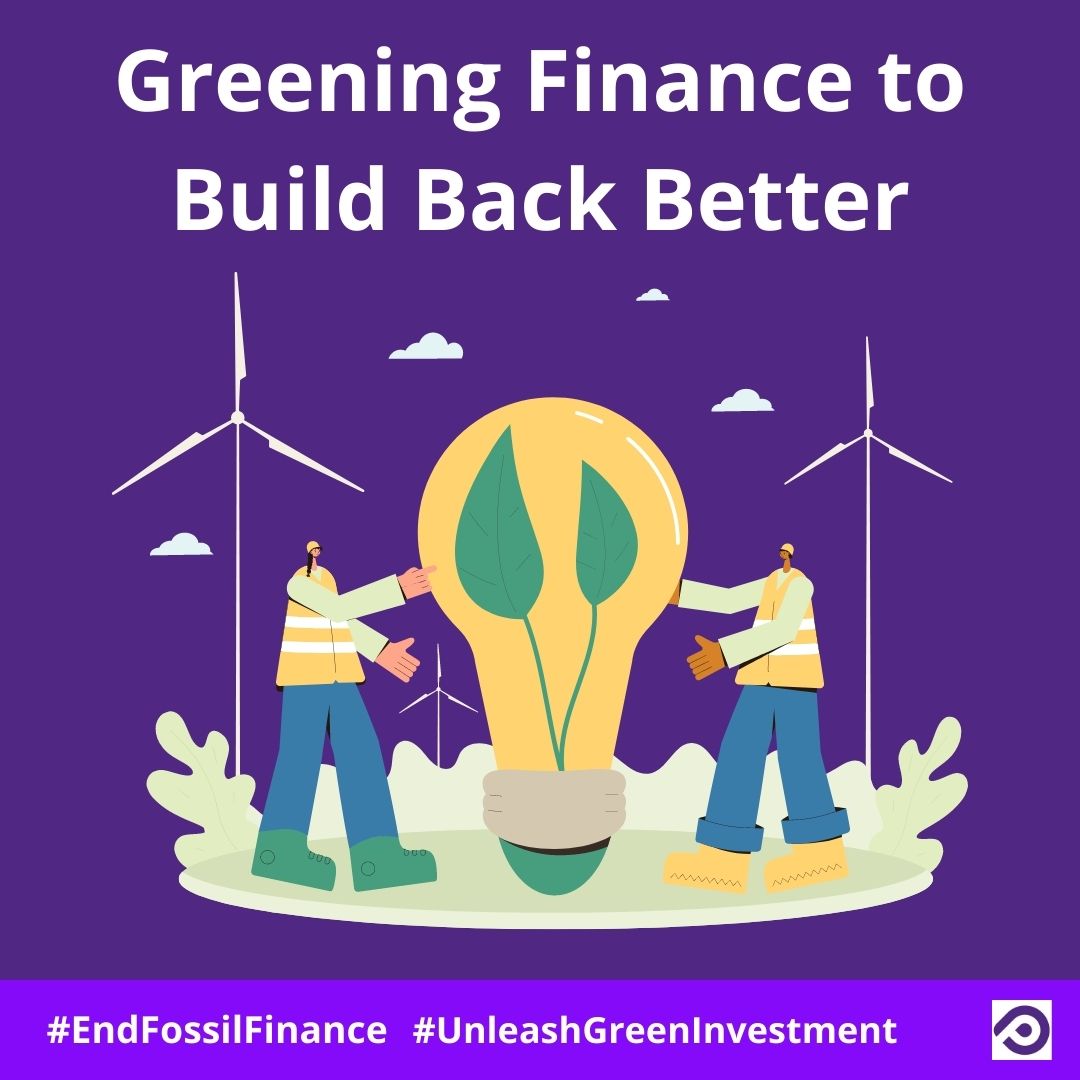|
|
Hi John, |
|
We hope this email finds you safe and well. Lots of exciting things have been happening this month at Positive Money - so here are the latest updates from our campaign for a fairer and more sustainable economy, plus our news coverage and blogs on housing, the revolving door and the prospect of a digital pound. 🌳 |
|
Key campaign updates 🔑 |
|
>> The last week of June was #LondonClimateActionWeek. We kicked off by releasing a report with the New Economics Foundation mapping out how the Bank of England should lead the green transition. Read the full report here.
>> We helped hundreds of people respond to the Bank of England’s survey asking the public’s opinion on greening one of its policies - the Corporate Bond Purchase Scheme.
The fact the Bank’s looking into this is positive - but it’s not thinking ambitiously enough. So we made a guide and hosted a drop-in webinar to help other campaign groups and supporters respond. Special thanks to everyone who got involved! |
|
>> The Bank of England opened a consultation on new forms of digital money. Positive Money believes money should be a tool that’s used in the public interest. This is a big opportunity, so our research team are working on a response to the Bank’s survey, and we’ll be working to help as many of us have our say too - watch this space! |
|
Positive Money in the news 🤩📺 |
|
|
On sustainable banking 🌳🏦: |
|
|
|
|
Latest from the blog 📝 |
|
We’ve updated our blog with some great content recently and encourage you to check it out! Here’s a roundup of some of our favourites ⬇️ |
|
The government-engineered housing boom will hold back the recovery
Far from ‘levelling up’, measures by the Treasury and Bank of England have propelled a housing market boom for the wealthy, rather than support renters and frontline workers who are facing mounting debt through no fault of their own.
Last week, the Economic Affairs Committee published an inquiry into quantitative easing, the Bank of England’s money creation scheme, which has caused artificial surges in house and asset prices. Our Senior Economist, Danisha Kazi, argues this, alongside tax breaks, prioritises the interests of the wealthy and pushes the prospect of home ownership out of reach for many young people and lower income households. |
|
Why do banks continue to get preferential treatment?
“The fact that so many senior and powerful government ministers have such strong links to the finance sector, puts in jeopardy the economic reforms we so urgently need.”
|
|
Could a digital pound mean the end of banking as we know it?
“Under a system where we are no longer forced to rely on them to make electronic payments, banks may well become redundant, or at least less powerful as they will be denied such easy access to funding.”
Former Bank of England Governor Mark Carney and outgoing Chief Economist Andy Haldane both delivered speeches recently, looking at the implications for private banks if the Bank decides to adopt a central bank digital currency (CBDC). Our Head of Policy & Advocacy, Simon Youel dissects the speeches and explores the role banks will play as the prospect of a digital pound draws closer. |
|
The big flaw with the Bank of England’s approach to going green
“Studies have shown that the Bank’s Corporate Bond Purchase Scheme is disproportionately skewed towards high-carbon sectors, and the Bank of England’s own analysis suggests that it is aligned with 3C global heating.”
The Bank of England’s CBPS scheme has propped up some of the most carbon-intensive companies including Shell and BP. Simon Youel explains why the Bank’s current approach is incompatible with net-zero targets and what it needs to be doing instead. |
|
Thank you for your continuous support of Positive Money. Our work relies on the kindness and generosity of our supporters - as a people-powered movement we couldn’t work for a fairer banking system without you. |
|
Thanks for all you do,
Nicole, Rachel, Chloe and the entire Positive Money team |
|
Positive Money relies on donations from generous individuals like you to carry out our research, education work and campaign for a fairer money and banking system. |
|
FOLLOW US ON SOCIAL MEDIA |


